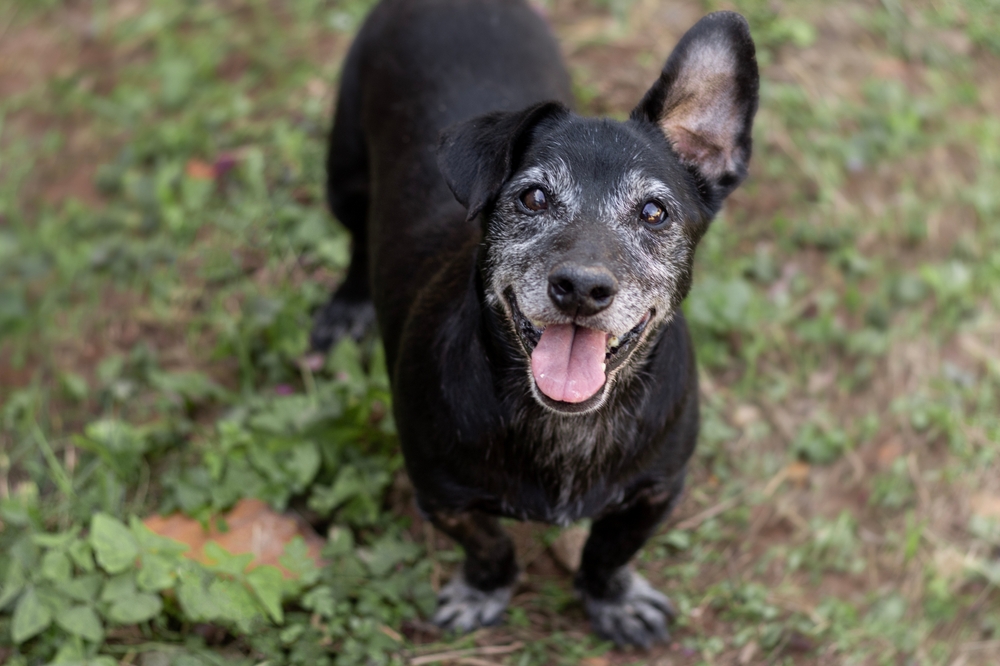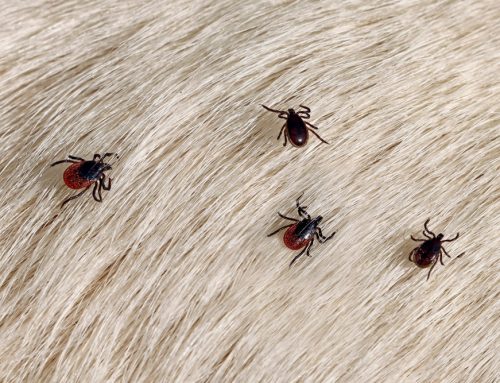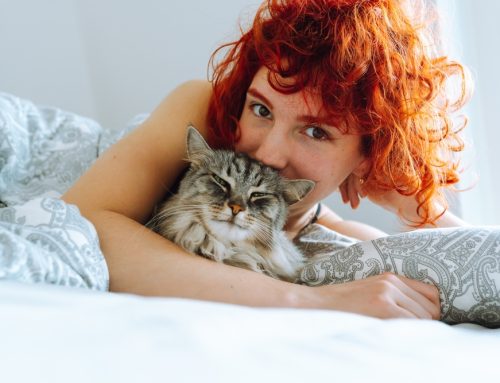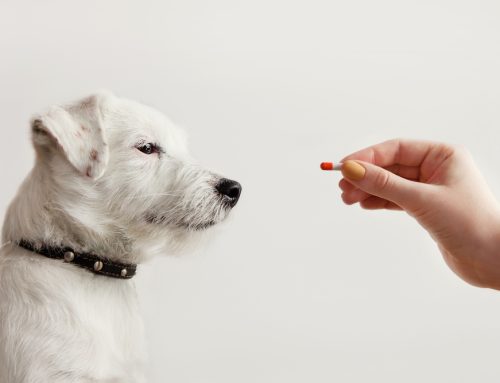As pets age, it’s natural for their pace of life to slow down. Recognizing and understanding these changes is crucial in providing the care and support they need during their golden years. At Best Friends Veterinary Care in Nesconset, New York, we observe this transition with a compassionate perspective, ensuring that pet owners are equipped with the knowledge to manage this phase effectively.
Understanding the Aging Process in Pets
The aging process in pets mirrors that of humans. As pets grow older, several physiological changes occur. Their metabolism slows down, which might result in weight gain if their diet isn’t adjusted accordingly. Joint wear is also common, leading to reduced mobility and possibly discomfort. Additionally, organ function may decline, impacting everything from renal health to cardiac function. These changes underscore the importance of monitoring and adapting to our pets’ evolving needs as they age.
Recognizing Symptoms of Aging
How can you tell if your pet is slowing down due to age? Here are some signs to watch for:
- Reduced Mobility: Difficulty in climbing stairs or reluctance to jump and play.
- Decreased Stamina: Tiring out more quickly during walks or playtime.
- Less Interest in Play: Older pets may nap more and show little interest in active engagement.
Observing these behavioral changes early can be crucial indicators of underlying health issues and the need for a veterinary consultation.
Common Health Conditions in Aging Pets
Several health conditions are prevalent among aging pets. Arthritis is quite common, leading to pain and reduced mobility. Heart disease can affect your pet’s energy levels and breathing patterns. Kidney disease is also a significant concern, especially in cats. For more detailed information on these conditions, visit our page on chronic kidney disease and consider how breed-specific issues might affect your pet by checking out our breed-related health conditions guide.
Veterinary Care for Aging Pets
Regular veterinary exams are essential to monitor and maintain the health of aging pets. At Best Friends Veterinary Care, we tailor treatment plans to each pet’s specific needs, helping manage symptoms and improve quality of life. We encourage all pet owners to schedule regular wellness visits, ensuring their aging pets receive the best possible care.
Managing an Aging Pet’s Lifestyle

Adapting your home and routine to suit the needs of your aging pet can make a significant difference in their quality of life. Consider these tips:
- Special Diets: Tailored nutrition can help manage weight and cater to specific health needs.
- Comfortable Sleeping Areas: Ensure your pet has a comfy, accessible place to rest.
- Gentle Exercise: Keep them moving with short, gentle walks or light play.
For more insights into what to feed your aging pet, check out our guide on pet nutrition myths debunked.
The Role of the Pet Owner
As a pet owner, your role is pivotal in supporting your aging pet. Regular health monitoring and knowing when to seek veterinary advice are key. Creating a supportive environment and maintaining a routine can help manage stress and promote well-being.
Conclusion
Aging is a natural part of life, even for our pets. Understanding why your pet is slowing down and how to support them through this stage can greatly enhance their quality of life. At Best Friends Veterinary Care, we are here to support you and your pet every step of the way.
For any concerns or to schedule a consultation, please contact us. Let us help you ensure that your pet’s senior years are as comfortable and joyful as possible.








Leave A Comment